Last summer, a group of women in McAllen, Texas, couldn’t help but wonder who was on the bridge that connects the United States with Mexico. What they were observing were groups of migrant mothers and children sleeping in 100-degree heat on the concrete Reynosa International Bridge. These families were waiting on the bridge to apply for asylum and made to wait for 5 days and more.
The group of Texas pals began communicating as their concern rose about the situation and how they could help ensure the safety and dignity of the people they saw sleeping on the bridge and near bus depots. (Families at the bus stations have been processed and released by Border Patrol.) Letting their sense of compassion lead them forward, they quickly organized and began bringing water, food, clothing, and diapers. It became a five-day-a-week calling, and the eight core members dubbed themselves the Angry Tias and Abuelas from the Rio Grande Valley.
Read More: A New Women’s Group Gets Ready to Rock the 2020 Election
Crisis Control
One member, Madeleine Sandefur, described the situation to CBS News as “a humanitarian crisis,” one they resolved to do something about. They thought they’d just help out for a month or so, but a year later, they are still going strong and receiving notice for their work. In fact, they just received a Robert F. Kennedy Human Rights Award for their efforts, which brings a $10,000 stipend to help their efforts.
I cannot just pretend that they’re not 50 people on the side of the bridge who need food and clothing.
The women in the group help the migrants find their ways to sponsors across the United States. They help orient the women and explain how things work in America (how public restrooms and water fountains work, for starters); give them supplies; translate for them; and perhaps provide some pocket money.
Group member Elisa Filippone of Brownsville, Texas explained to CBS News: “The situation is happening three blocks from where I work and live. I cannot just pretend that they’re not 50 people on the side of the bridge who need food and clothing. … I can’t forget it and go about my life.” For more on these women and their mission, click here.
Read More: The Secret Tragedy of American Indian Health—and What One Amazing Woman Is Doing about It

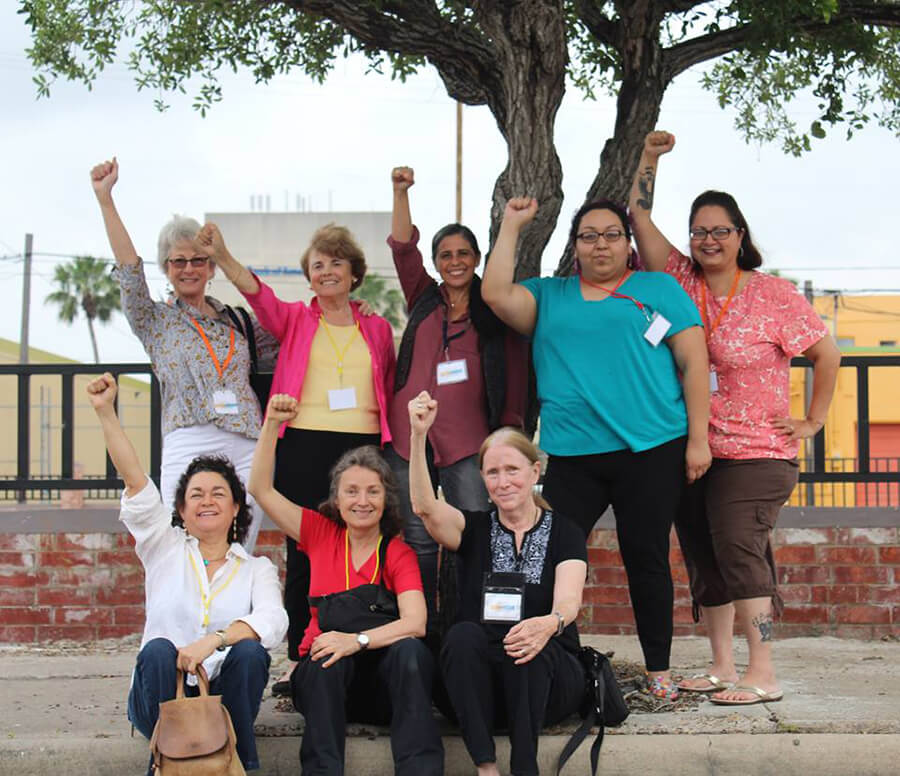
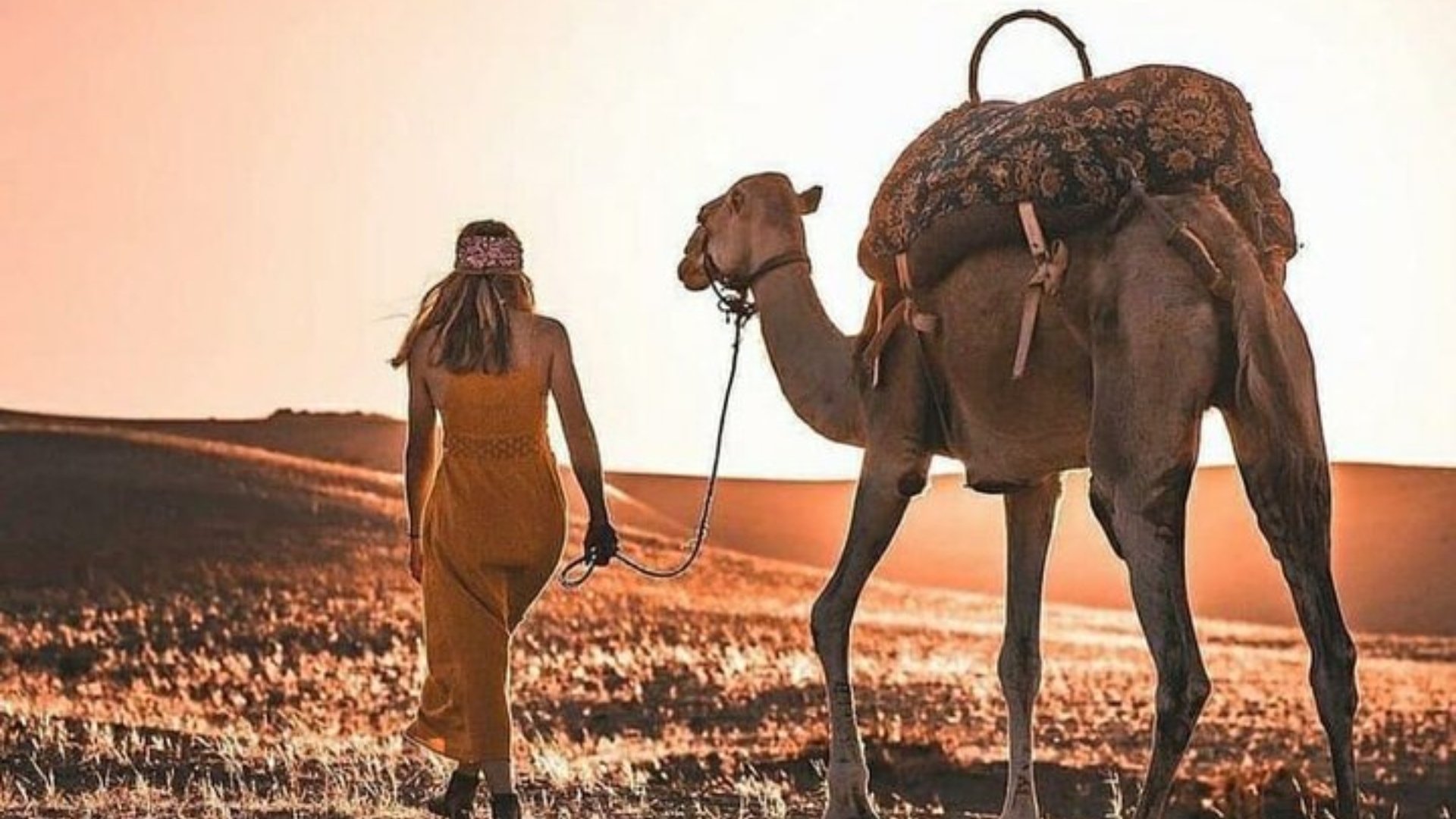





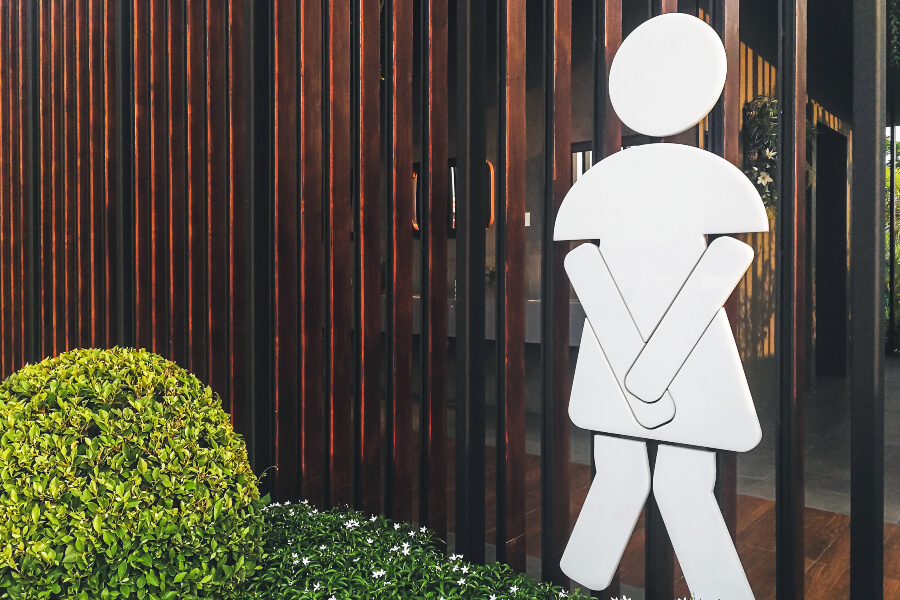



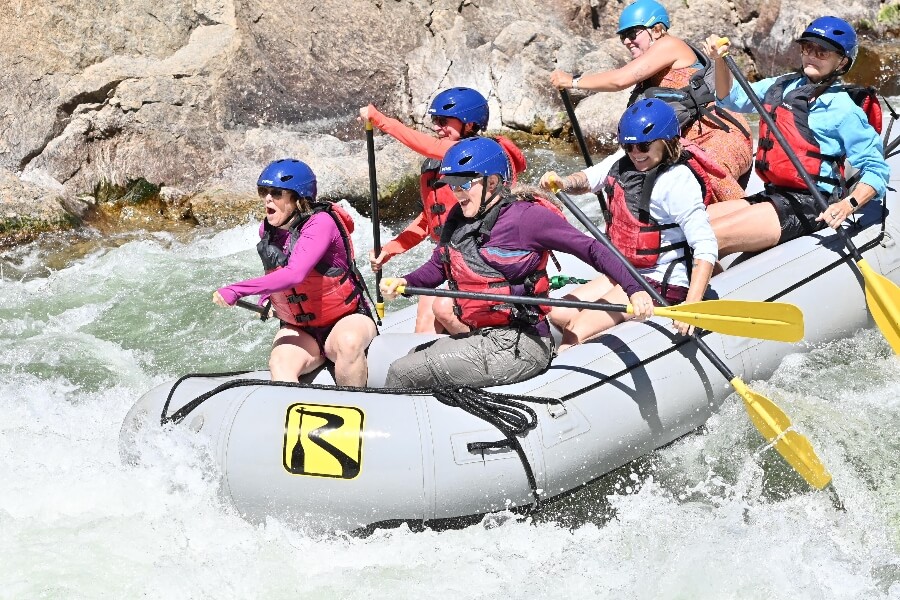

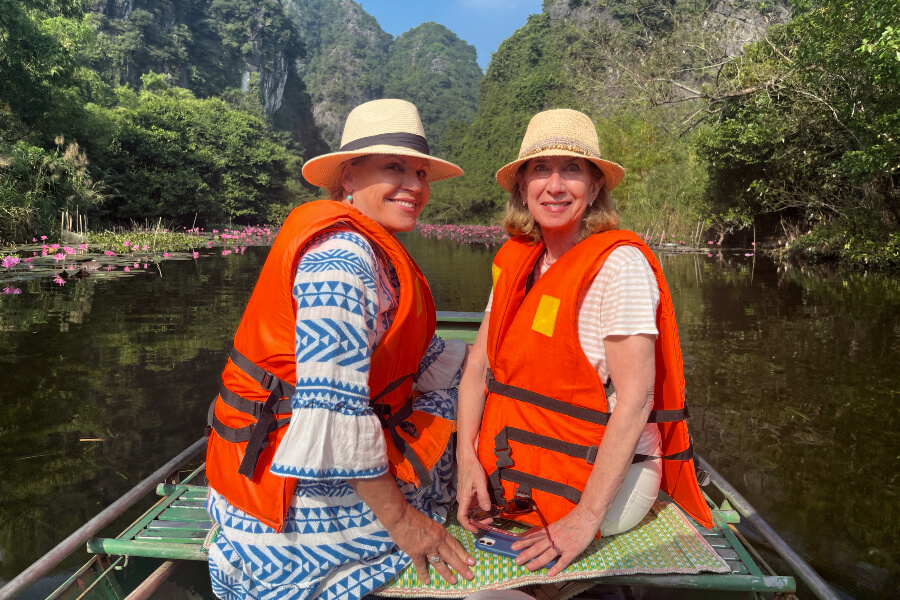

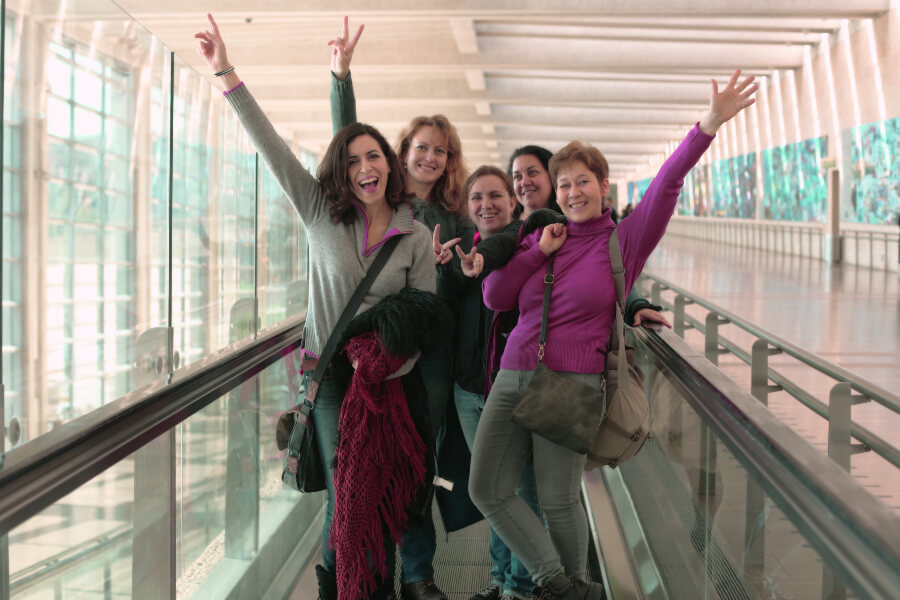
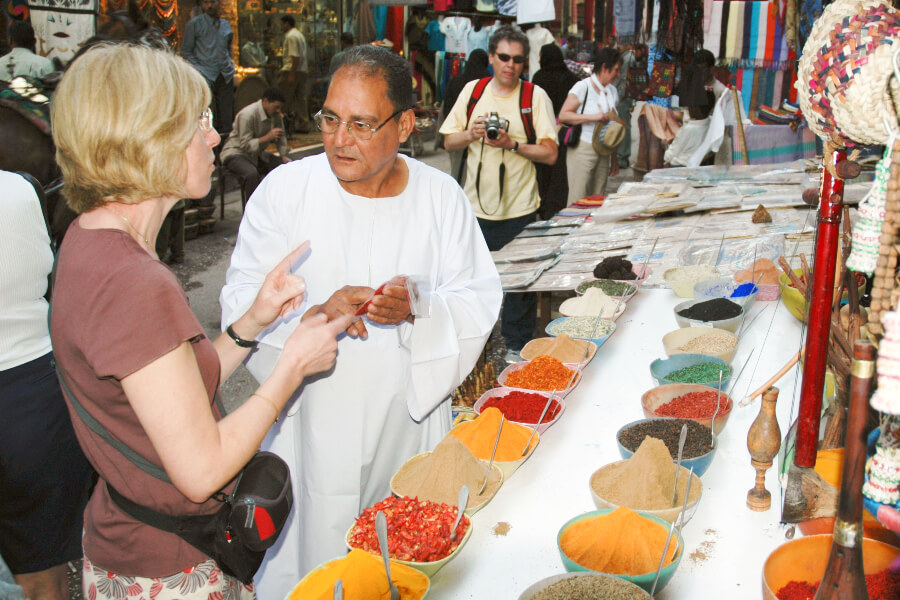
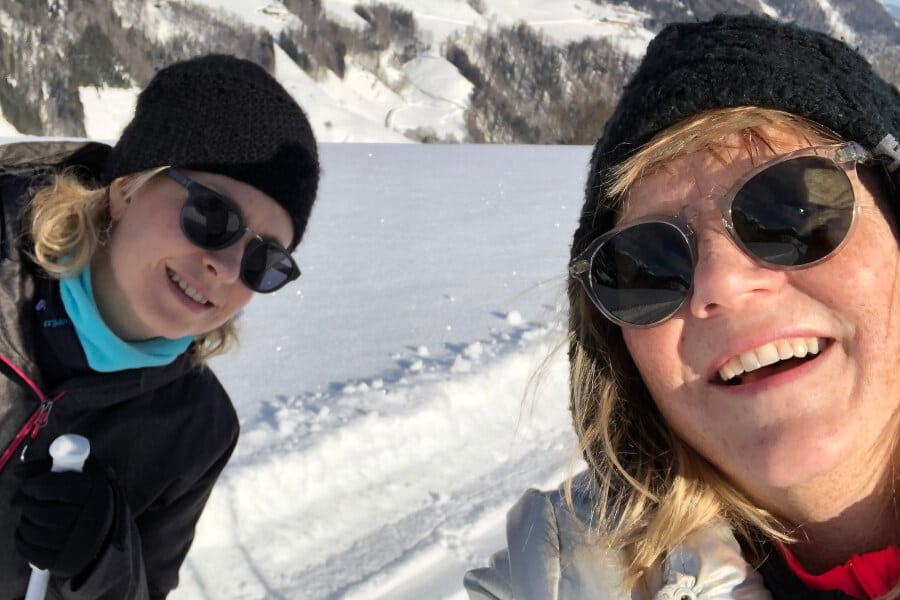
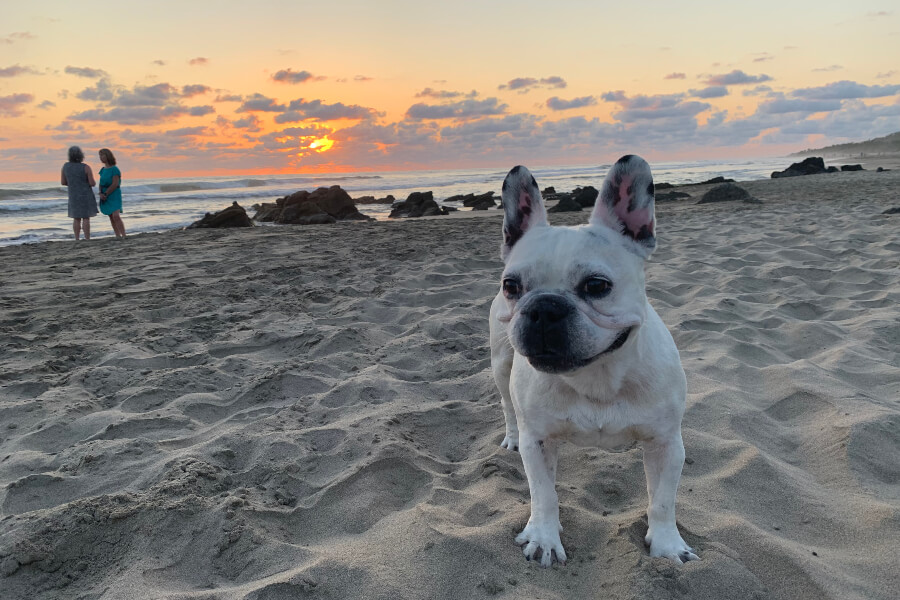

0 Comments